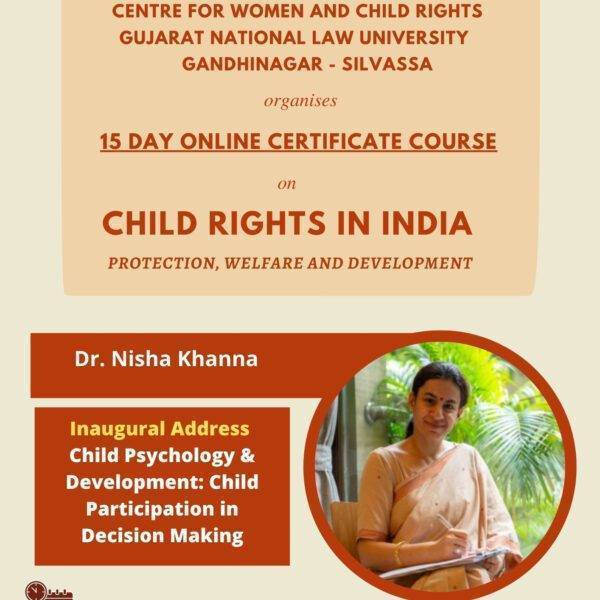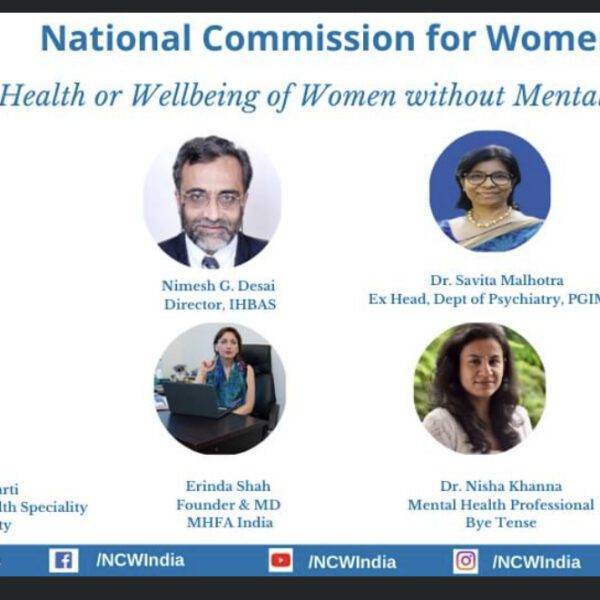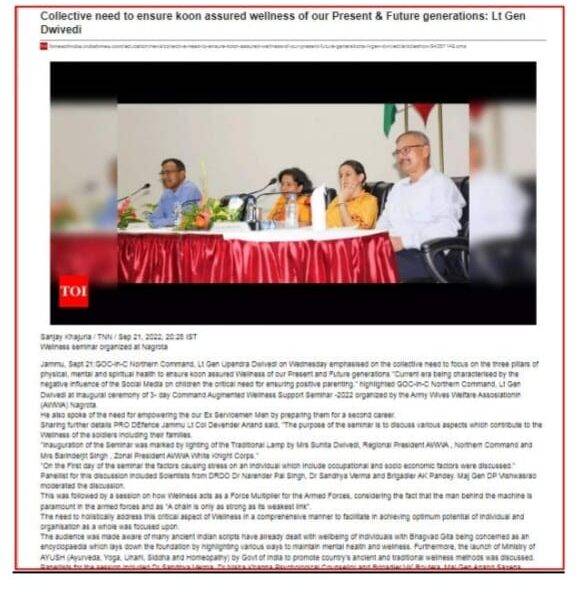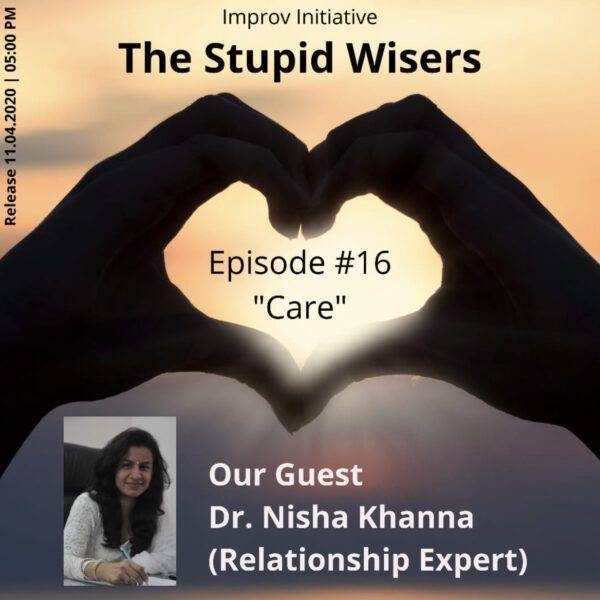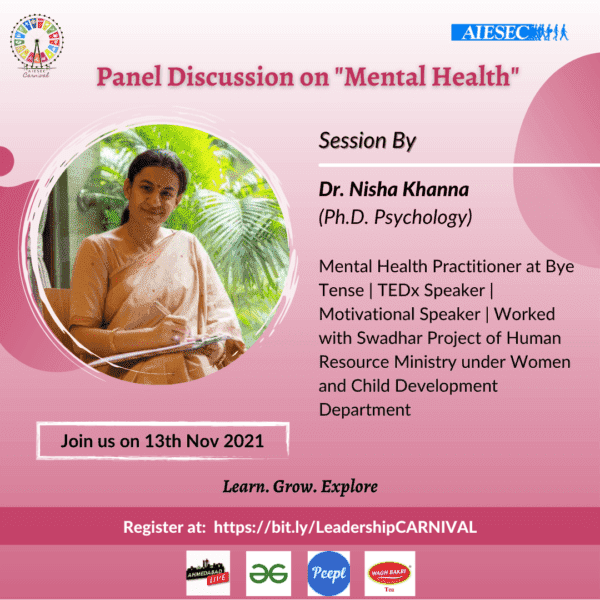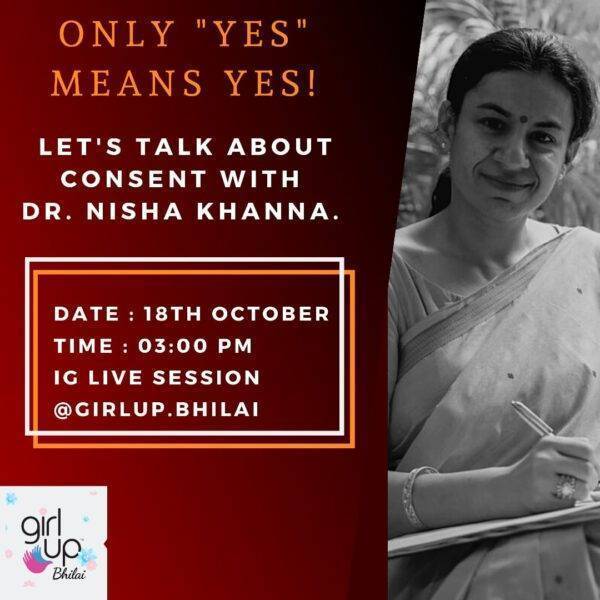Individual Counselling
Bye Tense - Individual Counsellor
Individual Counselling in Delhi NCR: Meet the Psychologist

What is Individual Counselling?
Individual Counselling is a transformative process that allows individuals to embark on self-discovery, healing, and personal growth. As a leading Top Individual Counsellor in Delhi Ncr and India, Dr Nisha Khanna has witnessed the profound impact that individual Counselling can have on a person’s life. Within the safe and confidential space of the counselling room, clients are encouraged to explore their thoughts, emotions, and experiences, uncovering the underlying causes of their challenges and gaining a deeper understanding of themselves. Through open and non-judgmental dialogue, Dr Nisha Khanna creates a relationship based on trust, empathy, and respect to have a safe, supportive therapeutic environment for clients to express themselves freely and honestly. In individual Counselling, each client’s unique needs, goals, and aspirations become the focal point of the therapeutic process, allowing for personalized and tailored interventions.
One of the fundamental aspects of individual Counselling in Delhi Ncr is the opportunity for clients to develop a strong sense of self-awareness. Many individuals may enter counselling feeling confused, stuck, or overwhelmed by their circumstances. Through compassionate inquiry and gentle guidance, Dr Nisha Khanna as a Psychologist, facilitates a process of self-reflection, enabling clients to gain insight into their patterns of thinking, feeling, and behaving. This self-awareness catalyzes change, empowering clients to make conscious choices and take proactive steps towards their desired outcomes. By recognizing their strengths, values, and areas for growth, individuals can cultivate a greater sense of self-confidence, resilience, and purpose. In addition to self-awareness, individual Counselling provides a space for clients to process and heal from emotional wounds or traumatic experiences.
Unresolved traumas and painful memories can profoundly impact an individual’s mental, emotional, and physical well-being. Within the therapeutic relationship, clients are encouraged to explore these difficult experiences, allowing them to express and validate their emotions, find meaning, and integrate their past into their present. I utilize evidence-based therapeutic techniques such as trauma-focused interventions, mindfulness practices, and cognitive-behavioural strategies to support clients in their healing journey. Through this process, individuals can experience a release of emotional burdens, develop healthier coping mechanisms, and cultivate a renewed sense of inner peace and resilience.
Individual Counselling is beneficial for those experiencing distress or trauma and can also be valuable for individuals seeking personal growth and self-improvement. Many clients come to Counselling to enhance their holistic well-being, improve their relationships, or pursue specific goals. In these cases, Counselling serves as a collaborative partnership, where clients and Psychologists work together to explore their aspirations, identify obstacles, and develop strategies for success. A Person can tap into their inherent potential, overcome challenges, and experience a sense of fulfilment and accomplishment by having clarity and working towards their goals.
Moreover, individual Counselling offers a space for clients to develop and refine essential life skills. These skills include stress management, effective communication, emotional regulation, problem-solving, and decision-making. In a supportive and non-judgmental environment, clients can acquire new insights, perspectives, and tools to navigate life’s complexities more effectively. Through experiential exercises, role-playing, and practical guidance, individuals can build their repertoire of skills, enhancing their ability to cope with adversity, manage relationships, and create a life aligned with their values and goals.
The therapeutic relationship that forms in individual Counselling is crucial for its effectiveness. As a leading Best Individual Counsellor in Delhi Ncr and India, Dr Nisha Khanna strive to create a warm, empathic, and trusting space where clients feel heard, understood, and accepted. Building a solid therapeutic alliance is essential for fostering a safe environment where clients can explore their deepest concerns and vulnerabilities. Dr Khanna aims to cultivate a therapeutic relationship characterized by collaboration, mutual respect, and authenticity by actively listening, demonstrating empathy, and maintaining unconditional positive regard. This relationship is a foundation for clients to experience validation, support, and empowerment as they navigate their growth journey. Call us to book an appointment at +91-9818211474
How Individual Counselling can help you?
- Individual Counselling is where only one person participates in counselling, and the focus is on the individual patient.
- The Individual counsellor is responsible to the individual and understands oneself as unique.
- The counsellor relates present material to the past experiences of the patient.
- Dreams and fantasies use as the content of treatment in individual Counselling.
- The cure of the individual is the treatment goal of Individual Counselling.
- It helps to overcome Anger, Stress, Depression, Anxiety, Fear, Loneliness, Shyness, Drug Abuse, Overeating, Insomnia, Alcoholism, Excessive Smoking, Inferiority Complex, Psychosomatic Problems, Tension Headaches, Lack of Concentration and Motivation.
- Individual Counselling for Work-Life Balance helps to handle stress at Work Place, Relationships with bosses and Colleagues, Career Growth and Performance Concerns, Harassment at Work Place, and Fear of Speaking in Meetings. Call us to book an appointment at +91-9818211474
What can one expect in an individual counselling session?
- In an Individual Counselling Session, individuals can expect a safe, supportive, and confidential environment where they can explore their thoughts, feelings, and behaviours with a trained professional. While each counselling session may vary depending on the therapist’s approach and the client’s unique needs, there are common elements that one can typically expect during an individual counselling session.
- Establishing Rapport and Building Trust: At the beginning of the counselling relationship, the therapist focuses on establishing rapport and building trust with the client. This involves creating a warm, non-judgmental atmosphere where clients feel comfortable expressing themselves openly. The therapist may provide an overview of the counselling process, explain the limits of confidentiality, and discuss their role and the client’s role in the therapeutic journey.
- Assessment and Goal Setting: The therapist collaboratively works with the client to identify their concerns, challenges, and goals. They may ask open-ended questions and actively listen to the client’s experiences, emotions, and thoughts. This assessment phase helps the therapist comprehensively understand the client’s background, history, and current issues. Based on this assessment, the therapist and client work together to develop specific and measurable goals for the counselling process.
- Exploration and Self-Reflection: The therapist facilitates exploration and self-reflection during individual counselling sessions. They encourage clients to delve deeper into their thoughts, emotions, and behaviours, helping them gain insight into the underlying factors contributing to their difficulties. This exploration often involves discussing past experiences, relationships, belief systems, and behaviour patterns. The therapist may use various therapeutic techniques and interventions to encourage self-reflection, such as open-ended questions, reflective listening, and guided imagery.
- Emotional Expression and Validation: Individual counselling sessions provide a safe space for individuals to express and process their emotions. The therapist offers a non-judgmental and empathetic presence, allowing clients to explore and validate their feelings freely. Emotional expression can be cathartic and can help individuals gain clarity and release emotional burdens. The therapist may help clients identify and label their emotions, explore the origins of these emotions, and develop healthy coping strategies for managing them.
- Skill Building and Coping Strategies: Individual Counselling often involves teaching clients effective coping strategies and skills to address their challenges. The therapist may introduce techniques such as stress management, relaxation exercises, problem-solving strategies, cognitive restructuring, and communication skills training. These skills equip individuals with practical tools to navigate difficulties and enhance their well-being. The therapist may also provide psychoeducation on mental health, self-care, and healthy relationships.
- Challenging Unhelpful Thoughts and Beliefs: In individual Counselling, clients can identify and challenge unhelpful thoughts, beliefs, and cognitive distortions that contribute to their distress. The therapist assists clients in recognizing negative thinking patterns and replacing them with more adaptive and realistic thoughts. This cognitive restructuring process can help individuals gain a more balanced perspective, reduce self-defeating behaviours, and enhance their overall mental well-being.
- Working Through Trauma and Past Experiences: For individuals who have experienced trauma or challenging life events, individual Counselling provides a safe space to process and work through these experiences. The therapist employs evidence-based techniques such as trauma-focused therapy like EMDR (Eye Movement Desensitization and Reprocessing) to help clients heal from traumatic events. Through a collaborative and supportive approach, the therapist assists clients in integrating their traumatic experiences, reducing distressing symptoms, and promoting resilience.
- Monitoring Progress and Reviewing Goals: Throughout the individual or marriage counselling process, the therapist and client periodically review progress and assess the effectiveness of the interventions. They may revisit the initial goals and make adjustments as needed. This collaborative feedback ensures that the counselling process remains focused and aligned with the client’s evolving needs and desired outcomes.
- Termination and Aftercare: As the counselling journey nears, it ends. Call us to book an appointment at +91-9818211474
Select the Best Option For You
“Choose Self, Not Suffering”– Dr Nisha Khanna(PhD)
Individual Counselling
- 60 Minutes
- Stress Management
- Depression Counselling
- Anxiety Treatment
- Suicidal Thoughts
- Self Mutilation
- Behavioural Problems
- Emotional Problems
- CBT
- DBT
- REBT
Couple Counselling
- 60 Minutes
- Individual Counselling
- Pre-Marital Counselling
- Post-Marriage Counselling
- Emotional Intimacy
- Physical Intimacy
- Extra Marital/Infidelity
- Systematic Approach
- Solution Focused
- Structural Approach
- Psycho Dynamic Approach
Online Counselling
- 60 Minutes
- Person/Couple/Family
- Relationship Counselling
- Marriage Counselling
- Family Counselling
- Parent Child Relationship
- Abusive Relationship
- Compatibility Testing
- EQ Testing
- Indirect Approach
- Direct Approach

